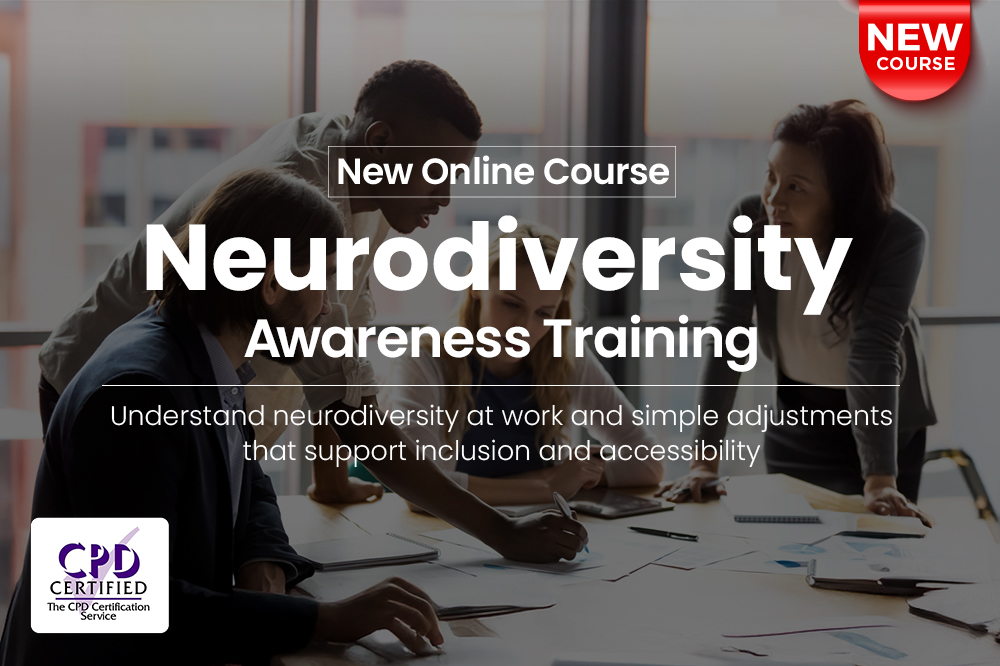
Want to know what the secret to a productive, enjoyable, inclusive and safe workplace is? It’s effective communication. All you need to do to supercharge how your business operates is to focus on developing effective communication skills. Easy. Or is it?
What is effective communication exactly? What does it look like? Are the benefits of effective communication worth the hassle and effort?
In this blog, we will explore this topic and look at ways that it can be applied to your own workplace to give it the boost it needs.
What is Effective Communication?
Effective communication is much more than simply telling someone what you want them to do. Becoming an effective communicator means ensuring that you are always understood. It also means letting the other person know that they’re being heard and understood.
Effective communication is based on the premise that exchanging ideas or information isn’t just a one-way street. Both the transmitter of the information and the receiver (or receivers) need to feel satisfied for the communication to be considered effective.
Effective communication is being able to convey information clearly and concisely. It’s being able to understand both the message that is being transmitted and the underlying intentions and emotions involved.
Effective communicators have a deep understanding of what they want to say, know how to say it so the audience understands it, and focus on how the message is being received by the audience.
Communication in the workplace usually has four forms:
- Verbal communication: Speeches, conversations and presentations
- Written communication: Emails, reports and messages
- Nonverbal communication: Listening and body language
- Visual communication: Graphs, charts, photographs and videos
If you can use all of these forms well, then you’ve got effective communication skills. And there are some pretty nifty benefits to doing so.

The Benefits of Effective Communication
Communication is crucial to developing a thriving, successful business. You don’t just have to take our word for it. There are studies that back this up. Some 86% of executives and employees surveyed have stated that poor communication is the main cause of workplace errors and project failures. Companies that focus on developing effective communication skills have seen increases in productivity of up to 25%.
Working on effective communication skills can help your people to work together more effectively, improve your decision-making, strengthen your brand and company culture, resolve issues and keep your workplace safe.
Improved Collaboration
If employees can’t communicate with each other clearly, they’re much less likely to work together. Effective communication breaks down informational silos and allows colleagues to swap ideas and information easily.
Increased Employee Engagement
People want to work in a place where they feel like they are being heard and that their opinions and their work matter. Employees need to know that their management teams are keeping them informed of what’s going on. Effective communication builds employee engagement and increases job satisfaction.
Enhanced Decision Making
You can’t make an informed decision if you’re not being properly informed. Effective communication makes sure that you can weigh up all the pros and cons of a situation before committing to a course of action.
Strengthened Relationships
When we know that we are being understood and heard, our feelings of loyalty and trust increase. Using effective communication techniques can strengthen relationships with employees, suppliers and customers.
Reduced Conflicts
Workplace conflicts can be disruptive. They can cost a business severely in terms of lost revenue and wasted resources. Poor communication often leads to misunderstandings and conflicts. Effective communication skills ensure that conflicts are resolved quickly and amiably or even avoided completely.
Improved Workplace Safety
One of the most important benefits of effective communication is that it helps to keep people safe at work. Having clear, consistent communication about health and safety issues makes sure your teams fully understand safety procedures and are aware of workplace risks. If an accident or incident does occur, effective communication skills can ensure that teams alert each other and can get help immediately.
Communication Skills Training
Our Communication Skills Training courses provide employers, managers and their employees with the fundamental aspects of effective communication for the success of businesses, organisations and individuals. It helps employers build constructive relationships with their workforce.
The Five Cs of Effective Communication
To improve your effective communication skills, you should focus on a concept that management and HR types call the Five Cs. The Five Cs act as a quick checklist to follow to help you communicate better.
There are a few different versions of the Five Cs, but we like this definition:
- Clear: Clarity counts. Make sure you know what your message is.
- Concise: Don’t confuse your audience. Keep your message simple and to the point. Leave out any unnecessary words.
- Complete: Include enough supporting information to back up your message. Don’t leave out any important information or crucial details.
- Correct: Make sure the information you are using is correct. Don’t cause misunderstandings by imparting information that is wrong or untrue.
- Compassion: Try to understand your audience. Frame your message in an understandable way and note how your audience reacts to it.
Barriers to Effective Communication Skills
It’s not always easy for everyone to communicate effectively. There are a range of barriers that can impede effective communication between people. Common barriers to effective communication include:
- Language barriers
- Different communication styles
- Lack of focus
- Cultural differences
- Use of jargon or technical language
- Employee disengagement
- Poor communication channels
- Emotional barriers like fear, anger or resentment
- Lack of trust
- Unequal power dynamics
- Stigma and stereotyping
Overcoming these types of barriers to effective communication can be done. In many cases, people simply need to learn better ways to communicate.
How to Develop Effective Communication Skills
Some people are natural communicators. Some are good in one area of communication but not in others. Most of us need to do a little bit of work to improve our communication skills.
Our Communication Skills Training will teach your teams how to improve their skills and create a more productive, more enjoyable and safer workplace.
These courses cover a wide range of topics related to developing effective communication skills. Participants can learn listening skills, how to improve their body language, how to speak clearly and how to use various methods of communication properly. Taking these courses will help you to build a more collaborative, more inclusive and more engaging workplace culture.





















